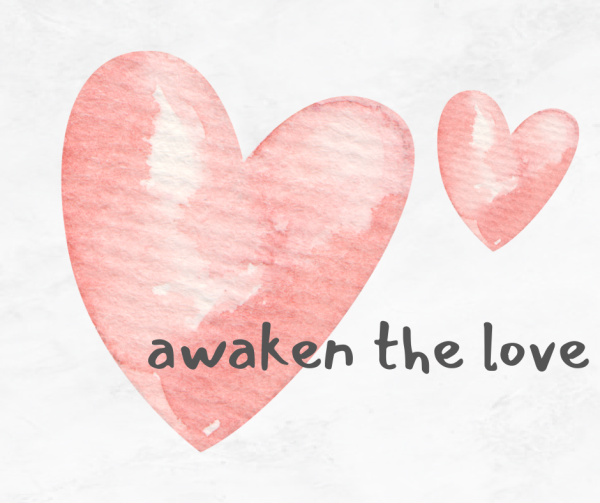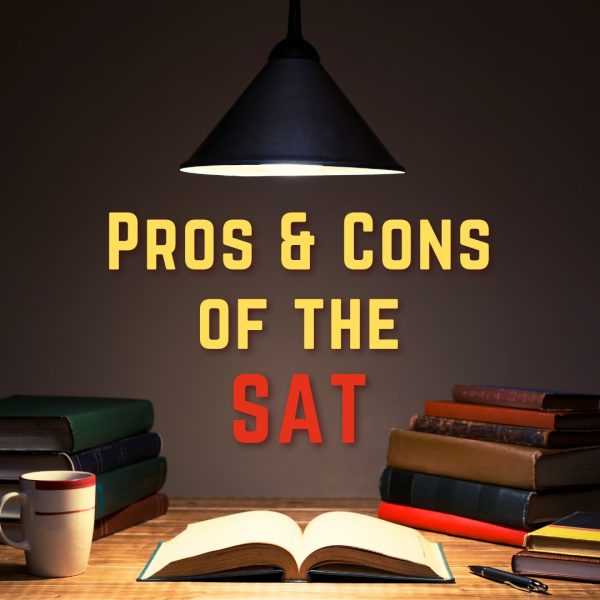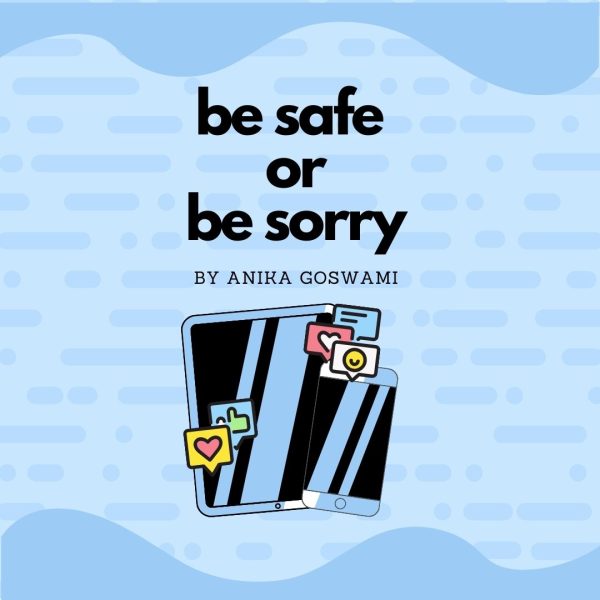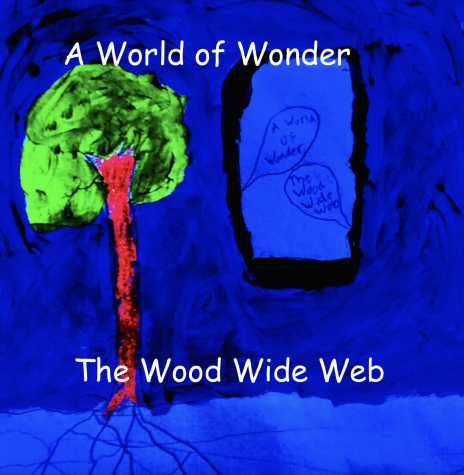THE BASICS OF ASTROLOGY
Astrology is one of the things that people either like or don’t like. There usually isn’t a gray area, and some people can be very quick to judge it. Whether or not it is true, there is a lot of information that goes with astrology, and it actually is not just a blanket statement towards everyone who was born in a certain time frame. It is an actual science, and astrologers have to learn every aspect of astrology to do readings and forecasts. Even if you don’t believe in astrology, it is still really fun to look at your signs and see what is accurate and what isn’t. In order to see what astrology says about you accurately, you have to know the basics at the very least.
The first thing that pretty much everybody knows about astrology is your sun sign. Your sun sign is based on what day you were born on. This is the star sign that everyone associates with being your “astrological sign” which isn’t exactly true. Your sun sign is your astrological sign, but you also have an astrological sign for every planet, as well as the moon. Each planet represents something different about you, and your sign in that planet can explain how you behave in each aspect of your life. For example, the planet Venus represents the way you love, or show love towards people. If your Venus sign is Aries, this would mean that you are very direct with how you show love and appreciation. A Venus in Aries signifies that you don’t like playing games when it comes to relationships. To see a full chart of all of your astrology signs, you can look up a chart calculator online. You will need to know your birthday, your time of birth, and city of birth.
Most astrologers tend to look at three of your astrology signs when determining the basic facts about you: your sun sign, your moon sign, and your ascendant (or rising) sign. These three are probably the most important signs in your chart and should all be considered when you are reading an astrology horoscope. Your sun sign represents your personality, your moon sign represents your inner emotions, and your rising sign represents the way others see you. Some people can have the same sign in two or even all three of these signs, which would mean looking at that sign’s horoscope only would probably be more effective than someone who had differences in all three. The least important signs in your chart are the planets that are farther away, such as Uranus, Neptune, and Pluto. These are the least important because everyone from your generation has the same sign in those planets, since they move a lot slower. These signs can represent what an entire generation will be like collectively.
The rising sign can be confusing to some people. Since there is no “rising” planet, then why is there a rising sign? Well, the rising sign is actually another name for the sign in your first house. That’s right, there is even more to astrology than what I’ve just gone over. You also have 12 houses in your chart, and each house represents something. You will have one of every zodiac sign in your houses, and they each determine things about you as well. The houses can be more complicated than the planets, so it is best to simply look at the sign in your first house, or rising sign. I always compare the rising sign with the sun sign, because they both are somewhat determinative of your personality.
There are so many other parts to astrology than these, but the final basic thing to know about astrology is the aspects. The aspects are basically terms you use for certain angles your planets are in when you were born. The major aspects include conjunctions, sextiles, squares, trines, and oppositions. If you have certain aspects in your chart, it can actually demonstrate how things will play out, and whether there will be struggles along the way. If an astrologer gives you a reading without acknowledging the aspects in your chart, they are not doing their job. The aspects are just as important as the signs, and can determine a lot more about you.












